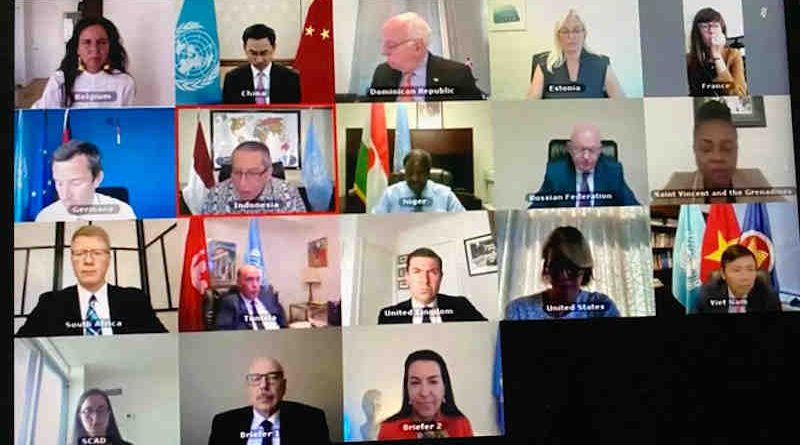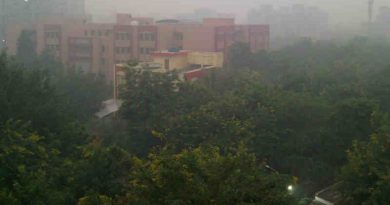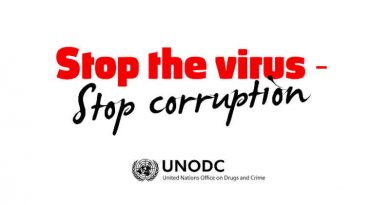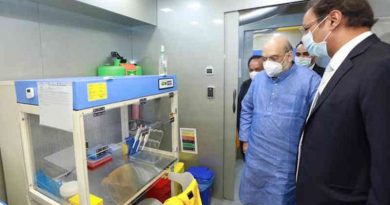Terrorist Groups Exploiting Covid-19 Pandemic: UN Report
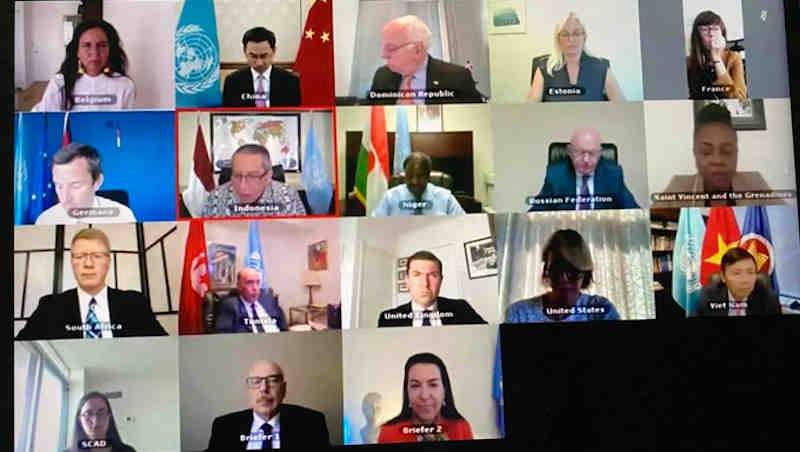
POLITICAL TERRORISM
While there is no specific definition of terrorism, it is only a form of political system clandestinely run by professional politicians of the world. In today’s criminalized political systems all across the world, it is not possible for politicians to survive if they are not corrupt. Thus, political corruption is the main reason for increasing terrorism in the world.
Vladimir Voronkov, Head of the UN Office of Counter-Terrorism, said Monday (August 24) that the global coronavirus (Covid-19) crisis has underscored the challenges involved in eliminating terrorism.
He has presented the UN Security Council with the latest report on Islamic State in Iraq and the Levant’s (ISIL/Da’esh) impact on international peace and security.
“As terrorist groups are attempting to exploit the Covid-19 pandemic for their own ends, the international community must respond with stronger collective action and cooperation,” Mr Voronkov said.
He told Council members during a video-teleconference briefing that that this pandemic environment raises several strategic and practical challenges for counter-terrorism.
Since the start of this year, the threat has grown in conflict zones, as seen by the regrouping and increased activity of ISIL and some of its affiliates in Iraq and Syria, he explained.
In non-conflict areas, the threat seems to have decreased in the short term, with Covid-19 lockdowns and restrictions apparently lowering the risk of attacks.
However, “opportunistic propaganda efforts” by ISIL could be fueling an ongoing trend of attacks by individuals and small groups, he said.
“#ISIL & other terrorist groups seek to exploit the far-reaching disruption & negative socio-economic & political impacts of the pandemic. Strengthening collective action & intl #counterterrorism cooperation must remain a priority during & after the pandemic”, USG Voronkov https://t.co/mTI3Fl82Kf pic.twitter.com/sJ0qjPdfZw
— United Nations Office of Counter-Terrorism (@UN_OCT) August 24, 2020
Unclear, he added, is how the pandemic is affecting ISIL’s recruitment and fundraising efforts, or whether there is a change in strategic direction under its new leader, Amir Muhammad Sa’id Abdal-Rahman al-Mawla. His predecessor, Abu Bakr al-Baghdadi, was killed during a US military operation in Syria in 2019.
More than 10,000 ISIL fighters are estimated to be active in Iraq and Syria, moving freely in small cells between the two countries, he said, adding that 2020 has seen a significant increase in ISIL attacks in both States compared to 2019.
The Covid-19 crisis has further complicated the already dire and unsustainable situation of several thousand people – especially women and children – with suspected links to ISIL. Some countries are still repatriating children, but there has been only limited progress on overcoming legal, political and practical hurdles to repatriation, he said.
“The global threat from ISIL is likely to increase if the international community fails to meet this challenge,” Mr. Voronkov warned, calling for decisive action from Member States on humanitarian, human rights, and security grounds.


